The following was written by Dr. Catherine Crowley, Professor of Practice and Director of the Bilingual Extension Institute at Teachers College, Columbia University and one of Smile Train’s expert speech advisors.
I’ve worked with Smile Train for many years, helping them to expand their global speech treatment resources, as an advisor, and through holding train-the-trainer style workshops for local people interested in providing speech treatment for children born with clefts, who in turn pass those skills to others.
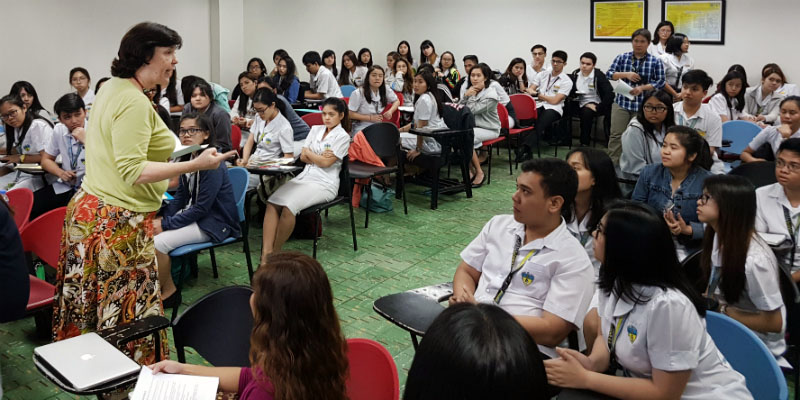
While speech treatment is my primary contribution to Smile Train’s comprehensive care programs, it was my first foray into nutritional care that may be one of my most memorable.
Last year, a young man at my hotel asked me what I was doing in Nairobi, Kenya. When I shared that I was attending the Pan-African Congress on Cleft Lip and Palate, he told me that his aunt, living in a remote village of the Maasai Mara National Reserve, had given birth to a baby born with cleft lip. I was curious whether the baby was born with a cleft palate as well — he wasn’t sure.
I’d taken a few extra days of vacation to go on safari in that same national park, but, as I was preparing to leave, I couldn’t get this child and his family out of my mind. The family lived in a remote area and might need assistance in finding a Smile Train partner. So, I decided to contact Smile Train’s local program assistant Joseph, who agreed to come with me to find the family.
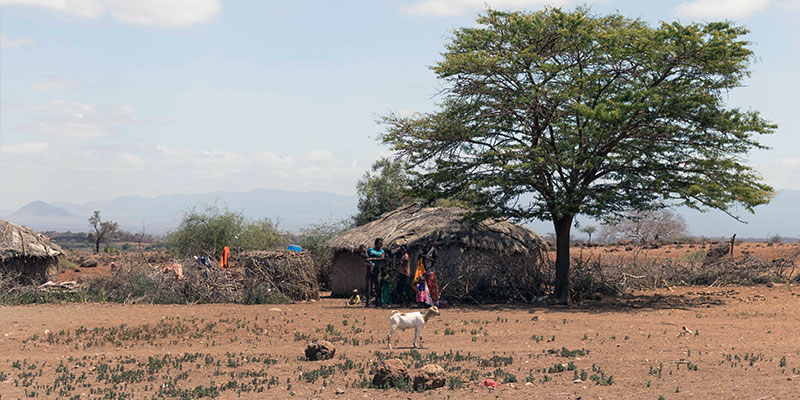
After driving for several hours on bumpy dirt roads, we reached the family. We noticed immediately that the child, named Isaac, showed signs of severe malnutrition — the fontanelle was depressed, his eyes were glazed over, his body was almost literally skin and bones. Isaac was frighteningly weak, and the situation was dire.
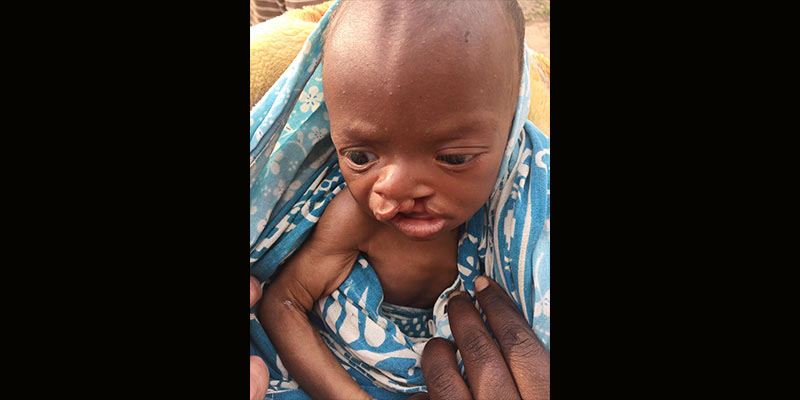
Isaac’s mother Sairewa shared that Isaac had struggled with feeding since his birth three months earlier due to his cleft palate. To add to the situation’s gravity, Sairewa struggled to produce breast milk. I worked with her to express some milk into a spoon. Isaac didn’t choke on it and not a single drop fell from his mouth, but the three ounces produced wasn’t nearly enough for the starving child.
We learned that the family had gone to a local clinic and received one can of infant formula, but it had run out. They were unable to afford the ongoing cost of $13 per week for formula, so in desperation the father gave the infant fresh cow’s milk, but it was too much for the baby to digest.
As a small taste of how difficult it is to find nutritional support in such a remote place, I gave the family some money for a can of formula, but the local clinic was completely out of stock. When the father sent someone on a five-hour journey to get the formula, they returned with a blend meant for six- to 12-month-olds, too difficult for Isaac’s body to digest.
Over the Easter weekend, Joseph found a Smile Train partner with expertise in nutrition who was prepared to help Isaac — however, they were located six hours away. We had a vehicle that could handle the rough terrain, so somehow, I convinced the driver whom I had hired to take me on a safari, to take me to pick up the baby and his parents. I think that he understood that the situation was critical — life or death.
The next day, we arrived at the hospital. We learned that the three-month-old Isaac only weighed five pounds, seven ounces. Even the nutritional specialists were surprised by Isaac’s small size and advanced state of malnutrition.
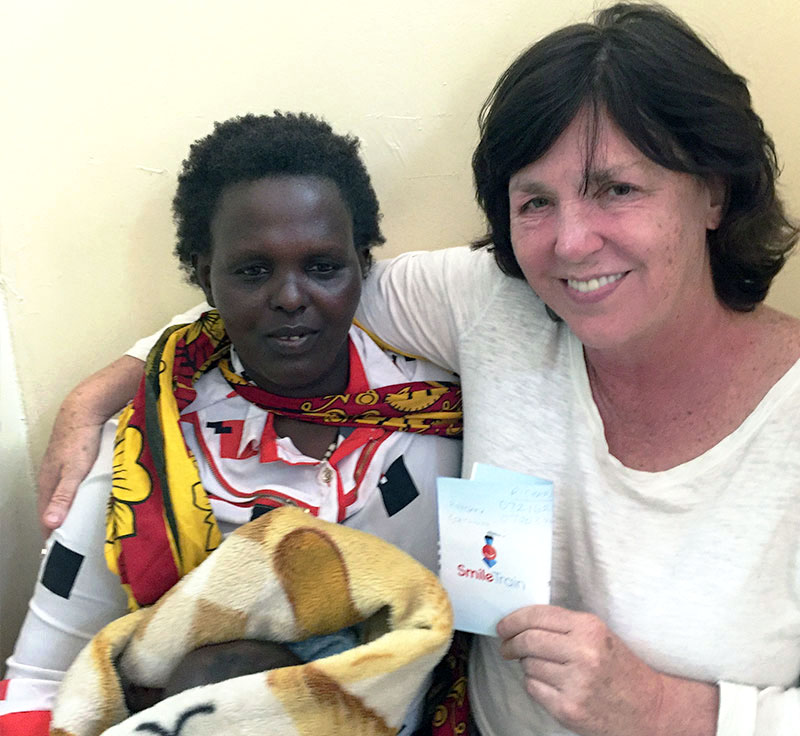
Now that the family was in good hands, I gave the father funds for a return trip to his village and enough money to buy formula and fresh water until Isaac could eat solid foods. Joseph shared that Sairewa stayed at the hospital for the next two and a half weeks, and all his expenses were covered by Smile Train.
It’s overwhelming to think of the what ifs: What if I hadn’t gone looking for this baby? What if Smile Train hadn’t had a local partner knowledgeable in nutrition, willing to provide that care at no cost to the family? What if the family hadn’t trusted a stranger or was otherwise unwilling to come with me? What if my safari driver hadn’t risked his job to take Isaac where he needed to be? The answer to each is that, I am sadly certain, Isaac wouldn’t have survived.
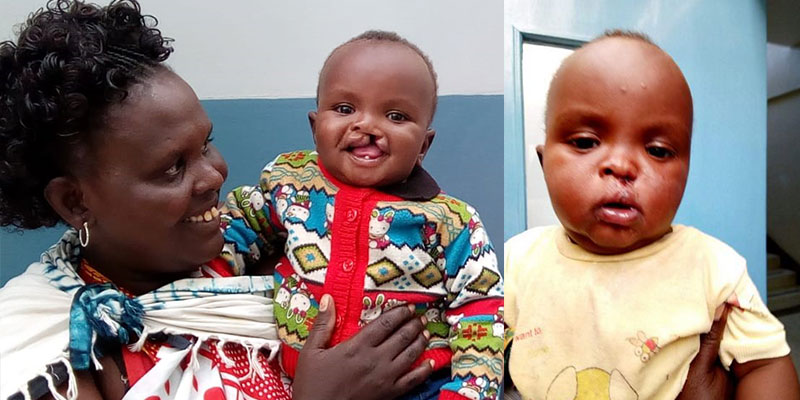
In the time since this account was written, Isaac gained 15 pounds, and he received a Smile Train-supported cleft lip surgery at Bethany Kids Hospital.
If you would like to help Dr. Crowley and dedicated local Smile Train partners like her around the world to provide forever smiles and comprehensive cleft treatment to children in need please make a gift today.
Read original article at Smile Train